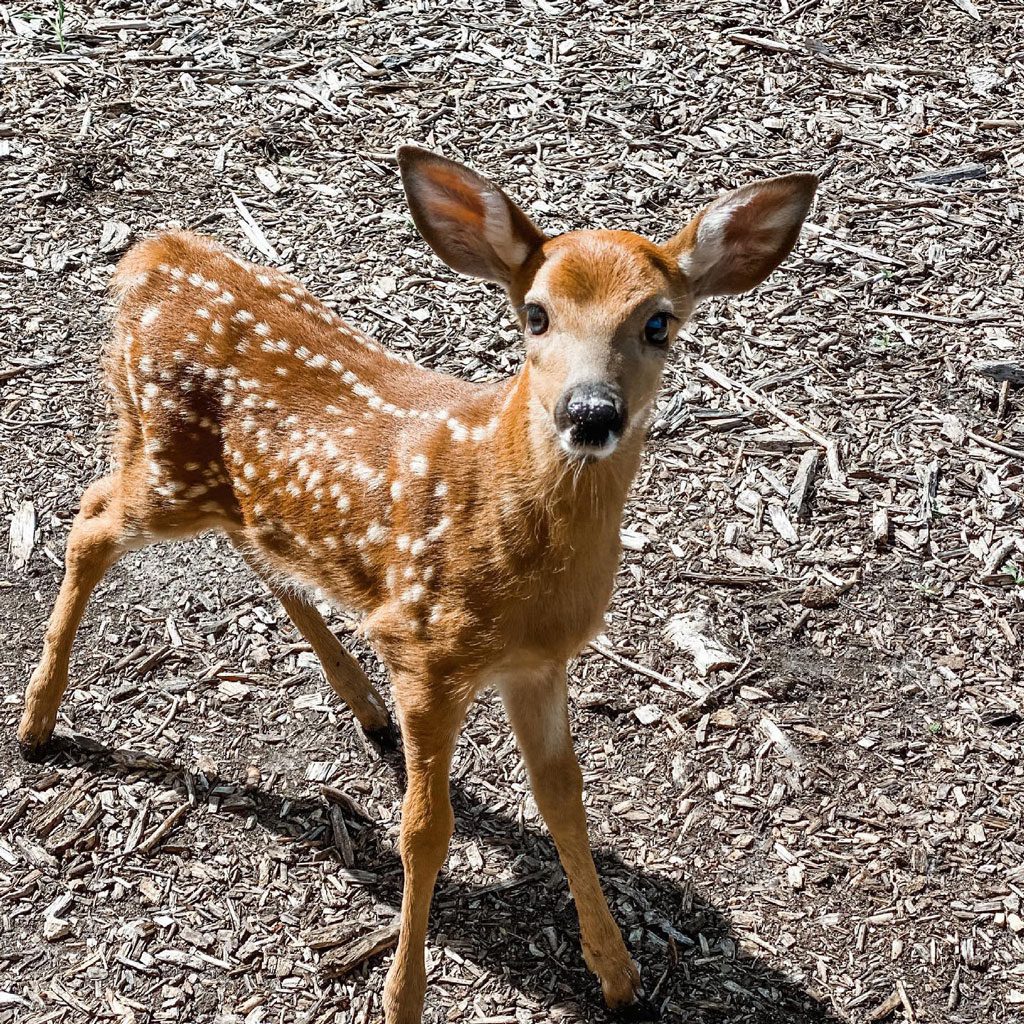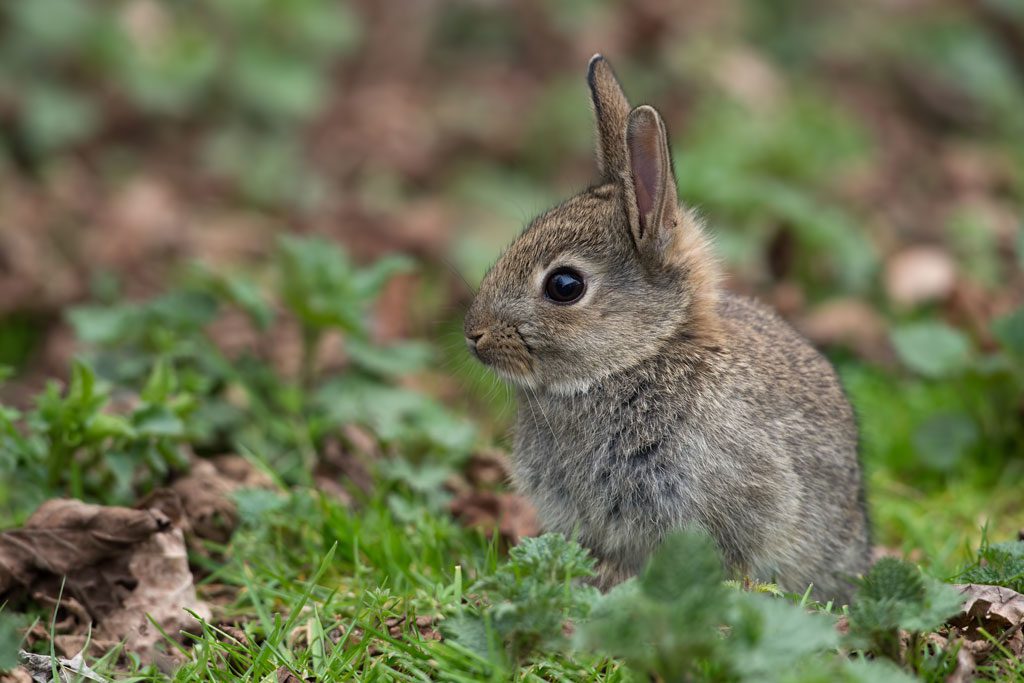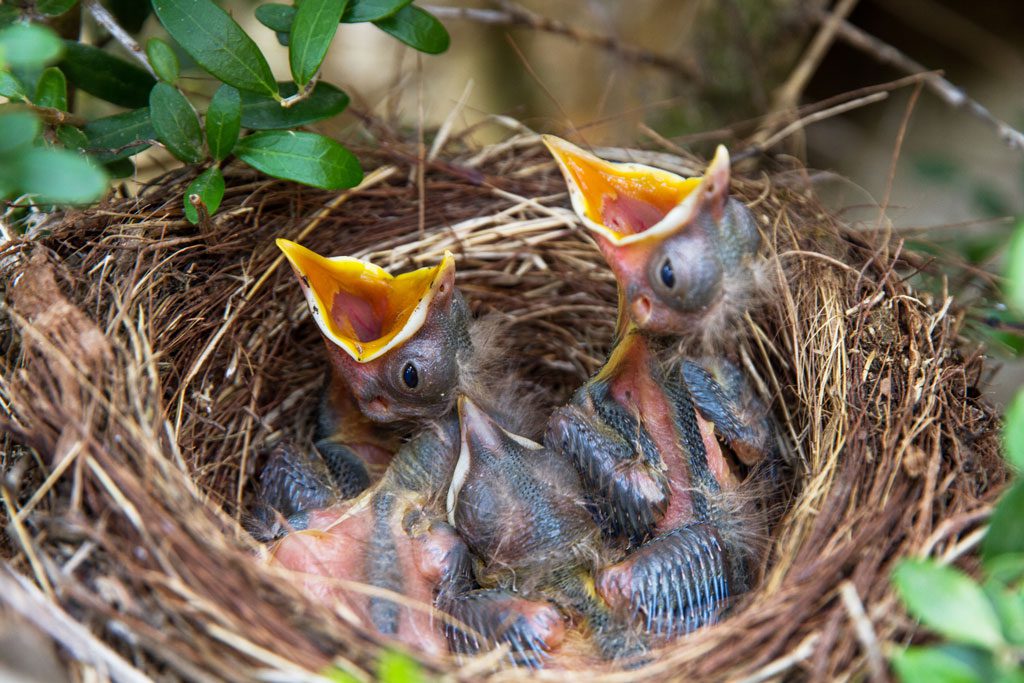ABANDONED OR INJURED ANIMALS
WHAT TO DO WHEN YOU FIND THEM
Abandoned Animals
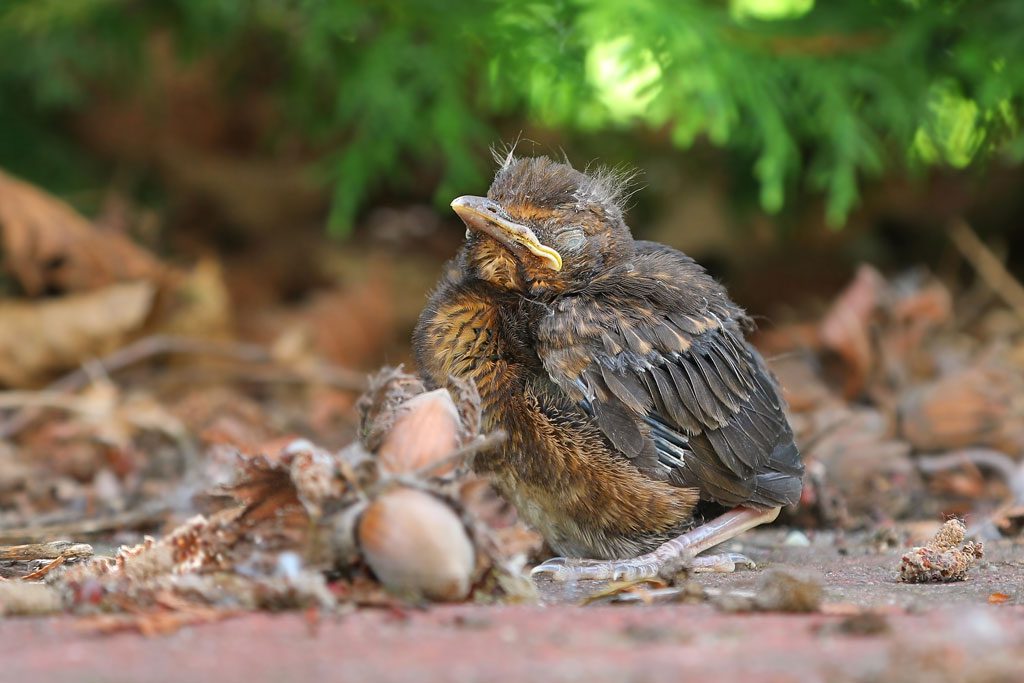
Spring and early summer brings blossoms, rain, and baby animals. While baby animals are cute, we ask you to resist coming up close to them or touching/moving them. Also, while they may look like they are abandoned or orphaned, most likely they are not!
Most baby animals are on their own for a reason and will be fine.
Please remember that only a licensed rehabilitator is legally allowed to treat and release wild animals. Baby animals are not pets and keeping any wild animal in captivity is both illegal and harmful to the animal. Resist the temptation to take them out of the wild.
If you care, leave them there!
While it may appear that the baby animal is orphaned or neglected most of the time they are not. This is part of a normal process of learning how to survive on their own. Attempting to remove a baby animal from the wild often does more harm than good. Parents of the baby are usually still in the area and checking in on their babies and they may delay their visits if they detect human interference.
- Unlike humans, many animals grow up fairly quickly, already walking on shaky legs or flapping fragile wings within the first couple of hours.
- Often, wild animal parents stay away from their young when people or other animals are near. This is to lead the potential threat away from the babies and keep them safe. Some baby animals do not have a scent and is another reason that the adults keep their distance because the more an adult is there, the more chance that they will leave a scent trail that predators could follow. This is not only adult animals but humans as well can leave a trail.
- Some baby animals receive a lot of care and learn about survival from one or both parents while others receive little or no parental care.
Enjoy the opportunity but be cautious!
When watching baby animals it is really fun, however, maintain your distance, keep it brief, and do not attempt to touch the animal. Also, keep your pets away from the area.
Baby animals are cute, but we need to give them distance so they feel safe. Just like we get worried or frightened by strangers, these baby animals can get scared too.
The best parent to a wild animal baby is their actually wild animal parent!
They need to learn from their parents on how to find food and shelter, recognizing their parents and others like them, and how to avoid predators. People should leave them alone when possible as we can’t easily teach them these life skills.
Injured Animals
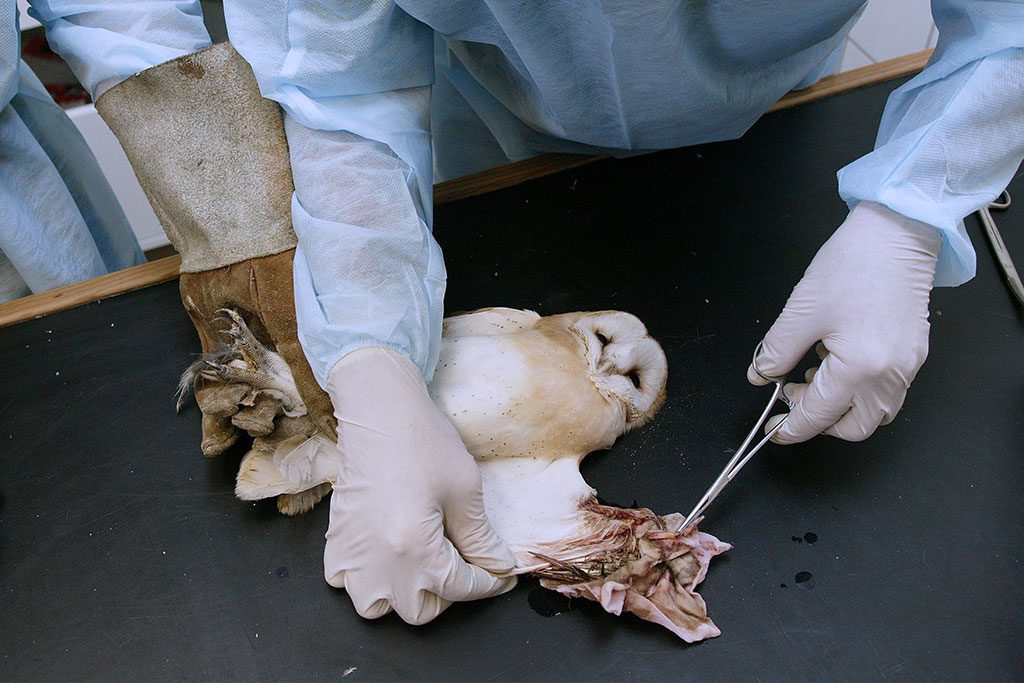
If the animal is injured or truly abandoned, contact a wildlife rehabilitator in your area for advice and help. Wildlife rehabilitators are trained and licensed to care for the animal in a way that is safe and not stressful. They have experience, expertise, and the facilities to successfully treat and release wild animals. Their goal is to treat and release a healthy animal back to the wild where it belongs.
Here is a list of Illinois Wildlife Rehabilitators.
Check out this resource with more details on How to Help Wildlife Without Hurting from the Illinois Raptor Center. Be aware of normal animal behaviors before assuming they are in need of help.
BABY ANIMALS
Shortly after birth a fawn is able to walk but will spend most of their first several days lying still. During this time, the fawn will be left alone usually hidden in tall grass or under bushes by the mother except when nursing. This is usually when people believe that the fawn is in danger, but it is not. Fawns should never be picked up! If human presence is detected by the mother/doe, the doe may delay her next visit to nurse. Fawns nurse three to four times a day, usually for less than 30 minutes at a time. The rest of the day, the doe will keep her distance to help reduce the chance that she will attract a predator to the fawn.
Think about the fawns coloring too, the brown with white spots is protective coloration and when the fawn is motionless it helps to avoid detection by predators and people. By the end of the second week, a fawn begins to move around and spend more time with the doe and will start to eat grass and leaves. At about 10 weeks of age, fawns are no longer dependent on milk. During August, the fawn will start to lose its spots and grow their winter coat.
If you find a fawn alone and quiet but alert and without obvious injuries, it is likely to be perfectly normal.
Baby rabbits, or kits, are born with no fur and closed eyes but they mature and gain their independence at 4 weeks old! Baby rabbits live in a shallow nest in the ground and the mother may only return to the nest to feed her young at dawn and dusk. The rest of the time, the babies are covered over with grass for protection and hiding.
If you see a young rabbit that appears very small, but has its eyes open and is hopping around outside the nest, it is likely independent.
If you are unsure if the mother is returning to the babies, you can put some leaves or light sticks over the grass covering. Then check back to see if the nest has been disturbed. Remember a rabbit mother may only come back to the next one or two times a day, so give plenty of time to recheck for movement on the nest.
Baby birds, or chicks, vary in their time of growth depending on the type of bird. Most songbirds (sparrows, robins, and other small to medium sized birds) spend about two weeks in the nest being fed from dawn to dusk by the parents. At about 2 weeks, they will make their first attempts at flying. This is a difficult period for young birds, when they are vulnerable to predators, pets, and well-meaning humans.
During the next few weeks, they will develop their flying skills and muscles by jumping and making short flights. They can spend short periods on the ground or low branches or shrubs. They may be easy to get close to and have little fear of people during this time. However, the parents keep close watch and continue to feed them as they move around. If you listen closely, you may hear the young birds and their parents calling to each other. If a young bird is alert, fully feathered and moving around, and parents are in the vicinity, watch from a distance and do not intervene.
